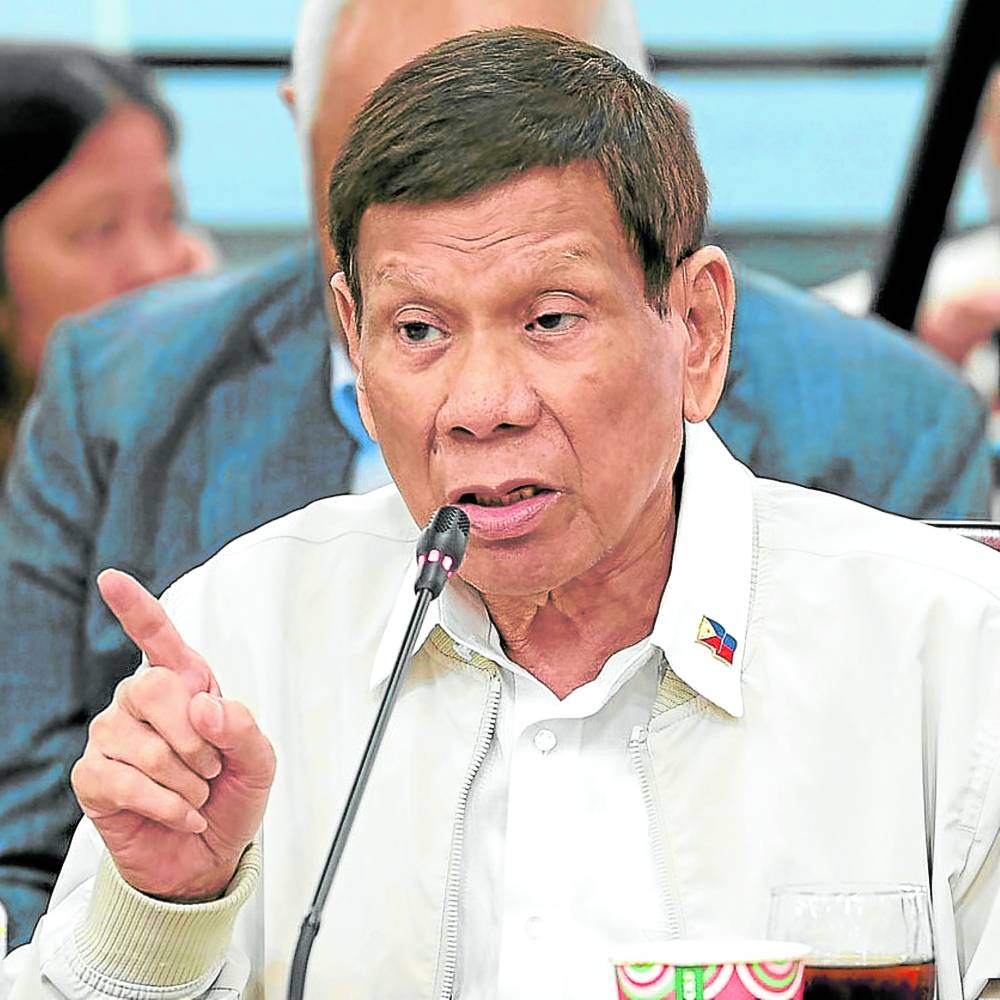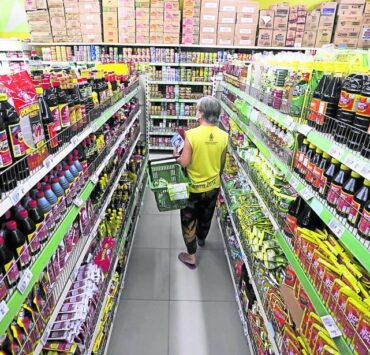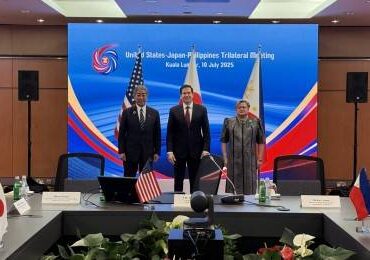Kin of EJK victims slam Du30 over delay tactics

The families of victims of extrajudicial killings (EJKs) during the drug war under the administration of former President Rodrigo Duterte have criticized him for his attempt to evade justice and accountability.
Members of Rise Up for Life and for Rights (Rise Up) also called on the International Criminal Court (ICC) to stand by its earlier decision upholding its jurisdiction to investigate the drug war killings, even though the Philippines effectively left its fold in 2018.
The group is composed of families of drug war victims and their supporters. Government records place the number of deaths under Duterte’s antidrug campaign at around 6,000, although human rights advocates estimate there may have been as many as 30,000 victims.
“It’s clear as day that Duterte just wants to evade accountability. He knows the evidence against him and his accomplices is heavy so he wanted to stop the case from the beginning. He was the one who ordered our loved ones killed,” Sally Ramos, parent of EJK victim Cristeta Ramos, said in a statement.
“Duterte got scared when the investigation into the war on drugs started that’s why he ordered the country’s withdrawal from the Rome Statute [that established the ICC]. Now that he’s detained, he still uses the same tactics,” added Llore Pasco, parent of Crisanto and Juan Carlos Lozano, who are also EJK victims.
Long wait for justice
According to Pasco, they have been seeking justice for almost 10 years now over the death of her sons.
“We did not get anything from the courts in the Philippines, which is why we sought the help of the ICC. We will not allow Duterte to go unpunished,” she said.
The ICC’s Pre-Trial Chamber 1 earlier dismissed the petition of Duterte, which challenged the court’s jurisdiction over his case. But in its Oct. 23 ruling, the court stated that it retains the legal power to continue investigating and prosecuting him despite the withdrawal of the Philippines from the Rome Statute because the alleged killings took place while the country was still a member state. Duterte’s camp has filed an appeal.
Rubylin Litao, Rise Up’s national coordinator, called on the international tribunal to dismiss the former president’s appeal and proceed with the confirmation of charges against him, including the arrest of Duterte’s coperpetrators as soon as possible.
“Duterte’s lawyers may have tried all the delaying tactics available at their disposal but they cannot erase Duterte’s crimes against humanity,” Litao said.
Still covered
The Philippines withdrew as a state party from the Rome Statute on March 17, 2018, a month after the ICC Office of the Prosecutor announced the preliminary examination into the situation in the country. The withdrawal became effective one year after.
The ICC, however, emphasized that Article 127 of the Rome Statute outlines the jurisdiction of the court when a state withdraws its membership. “A State shall not be discharged, by reason of its withdrawal, from the obligations arising from this Statute while it was a Party to the Statute…” Article 127 reads.
Duterte is currently detained by the ICC in The Hague, the Netherlands, following his arrest in Manila in March based on a warrant issued by the court.
In September, he was charged with three counts of murder and attempted murder as crimes against humanity for his alleged role in forming a death squad that led to the brutal killing of individuals suspected of using or selling drugs and being members of drug syndicates.
From the 43 incidents cited in the arrest warrant issued against him for the original lone count of murder, the former president was charged with making “essential contributions” to 49 incidents of drug war killings in Davao City as mayor and then as president in various areas nationwide.
His camp has since filed several petitions, including one for an indefinite adjournment of the court proceedings, on the grounds that Duterte is not fit to stand trial.

















